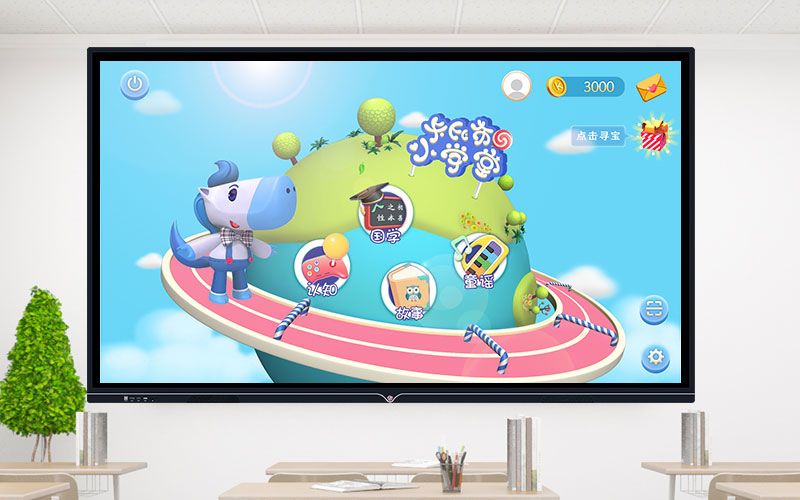Explore the top 8 functions of interactive whiteboards that enhance learning and collaboration in modern classrooms and meetings.So, I believe interactive white board In the future, it will be promising to create a miracle belonging to the industry. https://kingonevision.com/
Eight Common Functions of Interactive Whiteboards: Enhancing Learning and Collaboration
Interactive whiteboards (IWBs) have revolutionized classrooms, meeting rooms, and training centers by merging technology with traditional learning methods. Their multifunctionality makes them indispensable tools for education and business environments. Below are eight common functions of interactive whiteboards, along with tips on how to optimize their use and troubleshoot common issues.
What are the eight common functions of interactive whiteboards?
1. Touch Interaction and Gesture Recognition
Function: Interactive whiteboards allow users to interact directly with the display using their fingers or stylus. They can tap, swipe, and zoom, just like on a tablet.
Benefit: This intuitive interaction makes it easy for users to engage with content, whether writing notes, highlighting key points, or navigating through slides.
Tip: Ensure that the board¨s touch sensitivity is calibrated correctly. If touch inputs aren¨t registering properly, recalibrate the board according to the manufacturer’s instructions.
2. Digital Annotation
Function: Users can write, draw, and annotate directly on the board using various digital tools. These annotations can be saved, printed, or shared electronically.
Benefit: This function is especially useful in collaborative settings, allowing for real-time feedback and brainstorming.
Tip: If annotations are not saving correctly, check the board’s storage settings and ensure that the software is up to date.
3. Screen Sharing and Mirroring
Function: IWBs can mirror content from devices such as laptops, tablets, and smartphones, allowing for seamless presentations and collaborative work.
Benefit: This feature enhances group collaboration by enabling multiple users to share and discuss content simultaneously.
Tip: If screen mirroring is not functioning properly, ensure that all devices are on the same network and that the necessary drivers are installed.
4. Multimedia Integration
Function: Interactive whiteboards support the integration of various multimedia elements, including videos, images, and audio files.
Benefit: This makes lessons and presentations more dynamic and engaging, catering to different learning styles.
Tip: If multimedia files are not playing correctly, verify that the board¨s software supports the file format and that the necessary codecs are installed.
5. Interactive Lesson Delivery
Function: Teachers and presenters can deliver interactive lessons and presentations using pre-designed templates, quizzes, and educational games.
Benefit: This interactive approach keeps audiences engaged and facilitates better understanding and retention of information.
Tip: To avoid technical issues during presentations, pre-load all interactive content and run a test session to ensure everything functions smoothly.
What are the eight common functions of interactive whiteboards?
6. Remote Collaboration
Function: IWBs support remote collaboration by connecting users in different locations through video conferencing and shared workspaces.
Benefit: This function is ideal for distance learning, virtual meetings, and global collaboration, making it easy to work together regardless of location.
Tip: Ensure a stable internet connection and that all participants have access to compatible software to avoid disruptions during remote sessions.
7. Data Storage and Sharing
Function: Users can store and share notes, annotations, and other data directly from the board.
Benefit: This feature simplifies the distribution of information, ensuring that all participants have access to the same materials.
Tip: If data storage or sharing is slow, consider optimizing file sizes or upgrading the board¨s storage capacity.
8. Interactive Polling and Quizzes
Function: Interactive whiteboards can be used to create and display polls, quizzes, and surveys, allowing for instant feedback from participants.
Benefit: This function is particularly useful in classrooms and training sessions, providing immediate insights into participants’ understanding.
Tip: For accurate results, ensure that the polling software is properly integrated with the board and that all participants know how to submit their responses.